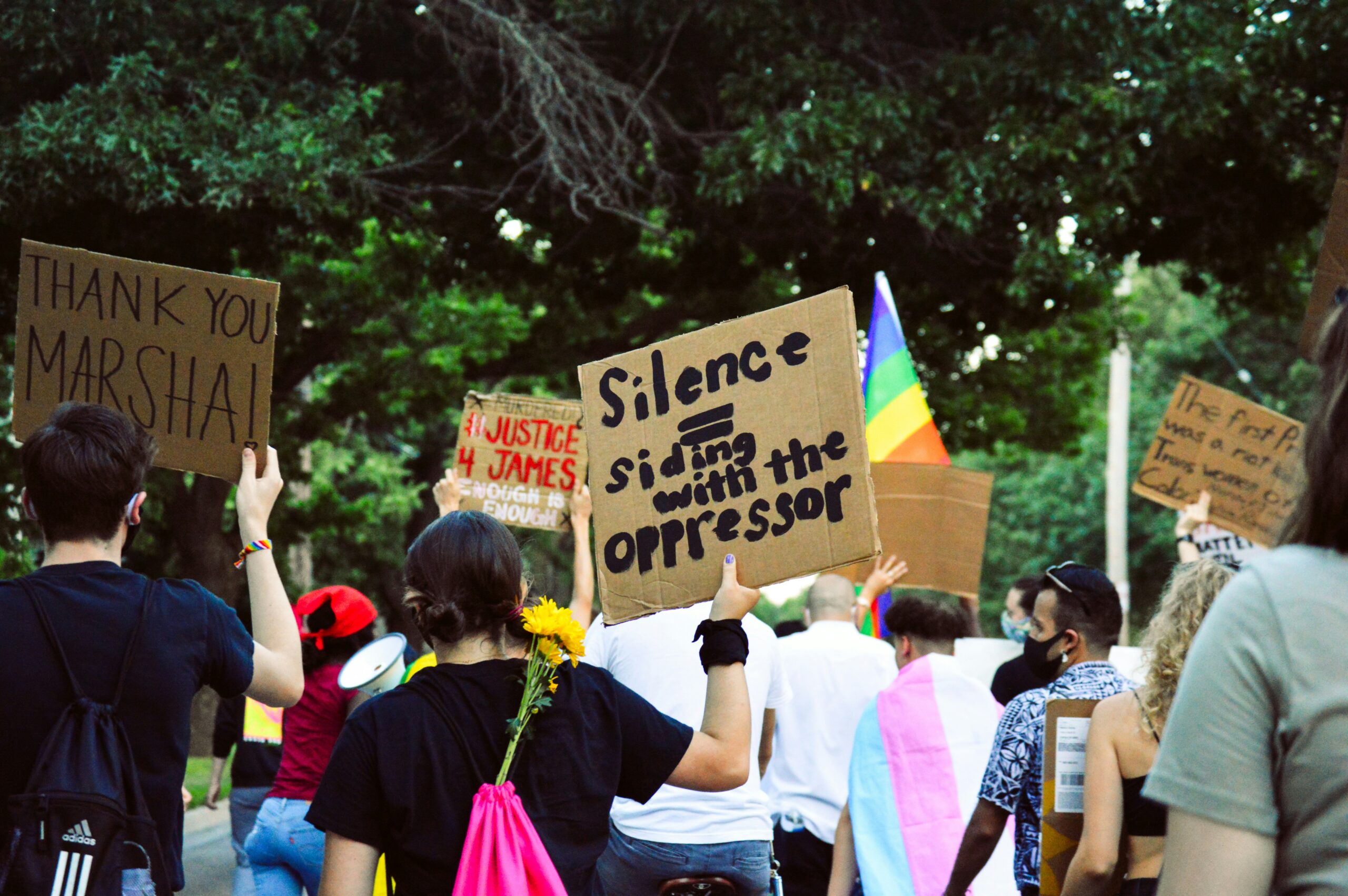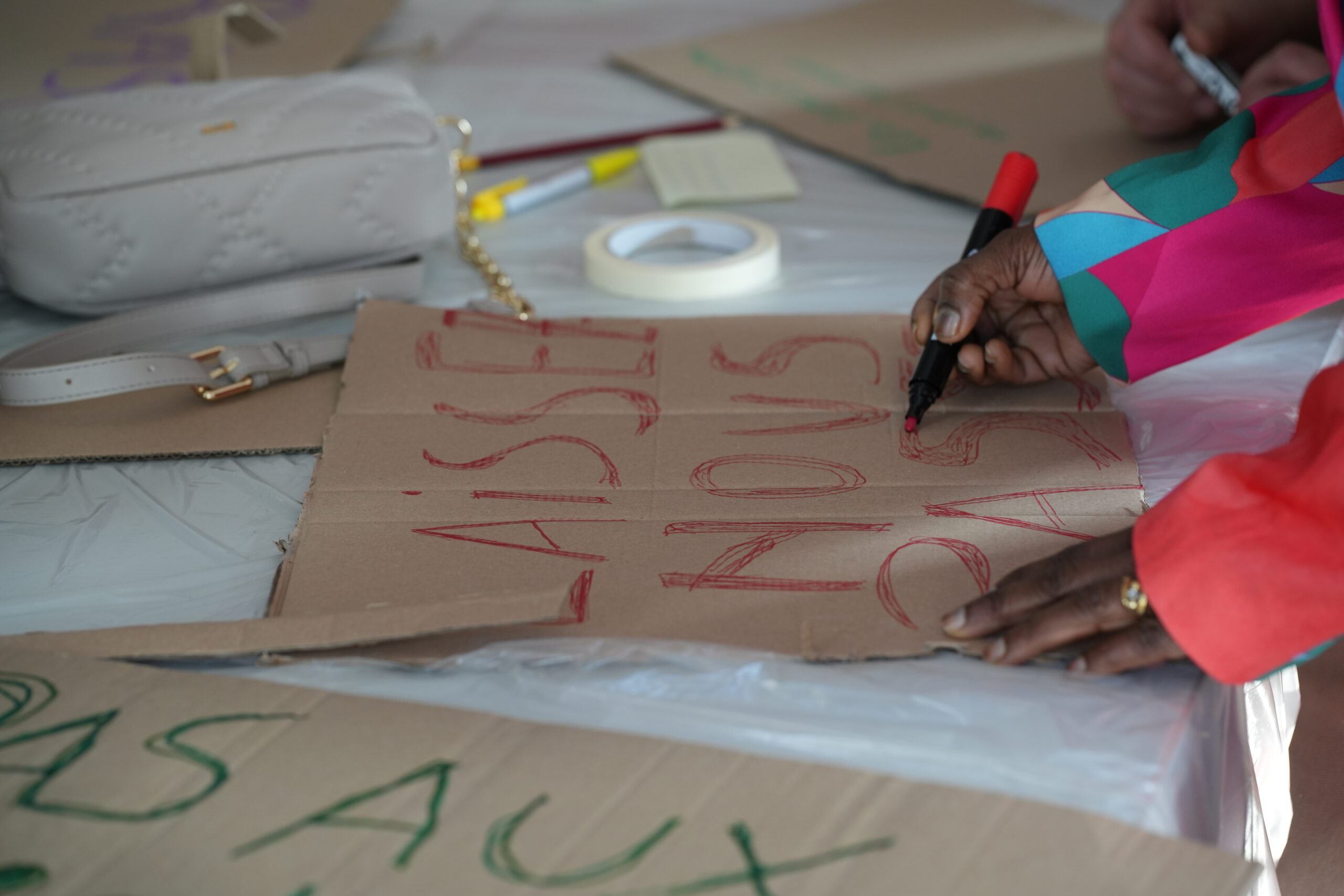The International Day of Zero Tolerance for Female Genital Mutilation takes place every year on the 6th of February. Read more about the topic and the political needs of (future) victims in this article or via the UN or GAMS non-profit.

What is FGM?
FGM includes all ‘procedures in which the external genitalia of women are intentionally altered or injured for non-medical reasons’ (UN, 2014).
The United Nations, GAMS* (Group for the Elimination of Female Genital Mutilation) and Amazone recognise FGM as gender-based violence. Physical, symbolic and psychological violence is considered a violation of women’s fundamental rights and an obstacle to achieving equality, development and peace (Critical Encyclopaedia of Gender, 2021).
Prevalence
An estimated 230 million girls and women are victims of FGM (UNICEF, 2024). In addition, every year, more than 4 million girls between the ages of 4 and 14, some as young as a few months after birth, are at risk of these practices (GAMS, 2024).
Large-scale research shows that FGM is a global phenomenon. It is still common in Africa, the Middle East, Asia and Latin America. GAMS points out that prevalence varies widely between regions, including within countries. Ethnic group and region of origin are determining risk factors.
Cultural practices?
Different reasons are given to justify female genital mutilation, depending on region and culture. Social integration, marriage, virginity, fidelity, seduction, purity and religion are all used to justify the practices but have only one common goal: suppressing women’s sexuality.
To conclude
As norms of ‘purity’ and social cohesion, FGM is naturalised by the medical profession. The practice perpetuates patriarchal and heteronormative dominance relations. Fighting FGM also means allowing women to reclaim their sexuality and their bodies as political subjects.
What about surgical violence against intersex persons?
Belgian law does not protect intersex children from unauthorised surgery. Yet these operations, like female genital mutilation, are justified by societal norms rather than medical necessity. Amazon joins GAMS and intersex rights associations in calling on the Belgian government to recognise the right to bodily integrity of intersex minors.
* Since 1996, GAMS Belgium has been fighting for the abolition of female genital mutilation in Belgium and around the world. Via a wide range of resources, they strive to inform all inflicted parties of the risks and consequences of female genital mutilation. To find out more about their work, watch the video below or visit their website.

Elisabeth Fiévez & Kiara De Prest
Interns Amazone


